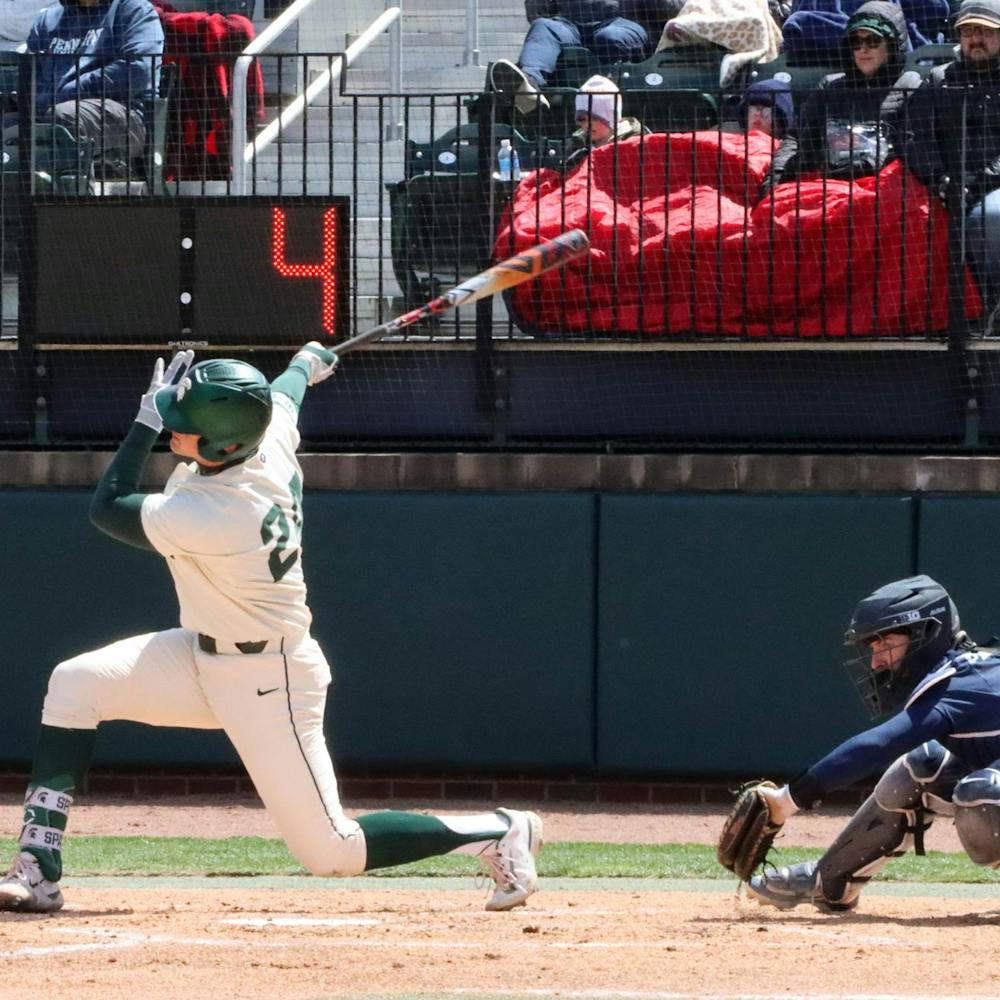The effects of media censorship by the Chinese government have reached far beyond China's borders — at MSU, they have forced some professors to rethink the format of their online classes.
China routinely blocks websites that could potentially cause political unrest, including YouTube, Twitter, Facebook, Vimeo and more, especially around the anniversaries of politically controversial events.
Wednesday marked the 25th anniversary of the 1989 protests in Tiananmen Square, where a pro-democracy movement led by university students was stifled by the Chinese authorities and military. In anticipation of the anniversary, Bloomberg.com reported that Google and Google-owned sites such as YouTube were not responsive.
As a result, professors who use these sites for video tutorials and class communication have had to make alternate accommodations for students living or studying abroad in China.
In Fall 2013, MSU reported enrollment of 4,383 students from China. This summer, 20 students are studying Chinese in Harbin, China, Office of Study Abroad communications manager Cheryl Benner said.
Benner said she spoke about the issue with the coordinator for the China study abroad program, who reported none of the students have expressed concerns about not being able to use YouTube.
The same cannot be said for School of Journalism professor Bonnie Bucqueroux's classes though.
Bucqueroux said censorship in China and other countries has been an ongoing issue, but believes it has become more problematic because each year the number of MSU students taking online classes increases.
She said last year the university had to disenroll two students from her online introductory journalism course, The World of Media, because by the time they became aware of China's censorship of YouTube, the students were already too far behind and they couldn't find a timely solution.
This year, almost half of her students in the course are taking the class from China, she said.
Amy Blair, coordinator of Library Distance Learning Services, said there are many workarounds for professors like Bucqueroux who must alter the way they present their class material.
"(When we) get calls, we contact the instructor and what typically happens is the instructor presents the material in another format," Blair said. "Another option, but only for graduate students, is to set up the MSU VPN."
The MSU Virtual Private Network provides MSU faculty, staff and graduate students with a way to connect securely to the the campus network when they are working away from campus.
For her undergraduate students, Bucqueroux turned to another outlet offered through MSU.
"MSU has a site called mediaspace.msu.edu," she said. "Professors are allowed to upload videos there, and they can be embedded into D2L and Angel — or professors can give students the link."
A problem with this method, Bucqueroux said, is MediaSpace currently has a cap on the number of videos each professor can upload. Currently, faculty is allotted 20 gigabytes of space and students are allotted five.
Bucqueroux said professors are also unable to post YouTube videos from outside sources for discussion forums and other purposes. She said there are some ways to capture YouTube videos, but they are not always reliable.
"You can usually find a workaround, but you have to be tech-savvy to convert it to the video space available at MSU," Bucqueroux said.
She said she has operated as the "unofficial coach" for other professors seeking assistance, since she started working with online classes in 1998.
"I do think video is a valuable component for online classes," she said.
Support student media!
Please consider donating to The State News and help fund the future of journalism.
Discussion
Share and discuss “Chinese censorship forces MSU professors to adjust online classes” on social media.



